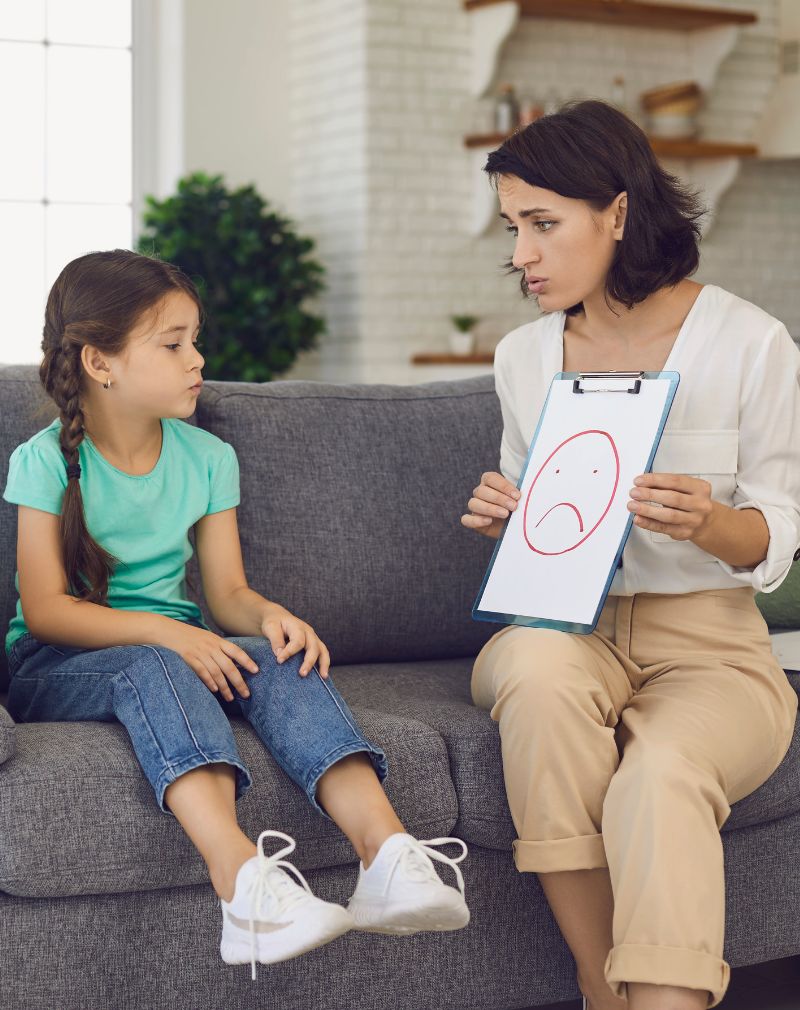What are the Goals of DBT Skills Training?
General Goal
To learn how to change your own behaviours, emotions, and thoughts that are linked to problems in living and are causing misery and distress.
Specific Goals
Behaviours to Decrease:
- Mindlessness; emptiness; being out of touch with self and others.
- Interpersonal conflict and stress; loneliness.
- Absence of flexibility; difficulties with change.
- Up-and-down and extreme emotions; mood-dependent behaviour; difficulties in regulating emotions.
- Impulsive behaviours; acting without thinking; difficulties accepting reality as it is; wilfulness; addiction.
Skills to Increase:
- Mindfulness skills
- Interpersonal effectiveness skills
- Emotion regulation skills
- Distress tolerance skills
DBT Skills Training Assumptions:
- An assumption is a belief that cannot be proved, but we agree to abide by it anyway.
1. People are doing the best they can:
All people at any given point in time are doing the best they can.
2. People want to improve:
The common characteristic of all people is that they want to improve their lives and be happy.
3. People need to do better, try harder, and be more motivated to change:
The fact that people are doing the best they can, and want to do even better, does not mean that these things are enough to solve the problem.
4. People may not have caused all of their problems, but they have to solve them anyway:
People have to change their own behavioural responses and alter their environment for their life to change.
5. New behaviour has to be learnt in all relevant contexts:
New behavioural skills have to be practiced in the situations where the skills are needed, not just in the situation where the skills are first learned.
6. All behaviours (actions, thoughts, emotions) are caused:
There is always a cause or set of causes for our actions, thoughts, and emotions, even if we do not know what the causes are.
7. Figuring out and changing the causes of behaviour work better than judging and blaming:
Judging and blaming are easier, but if we want to create change in the world, we have to change the chains of events that cause unwanted behaviours and events.
What are the modules of DBT Skills?
The four basic modules of DBT Skills:
- Mindfulness.
- Interpersonal effectiveness.
- Emotional regulation.
- Distress tolerance
1. Mindfulness
Goals of Mindfulness
- Intentionally living with awareness in the present moment: Waking up from automatic or rote behaviours to participate and be present to our own lives.
- Without judging or rejecting the moment: Noticing consequences, discerning helpfulness and harmfulness—but letting go of evaluating, avoiding, suppressing, or blocking the present moment.
- Without attachment to the moment: Attending to the experience of each new moment, rather than ignoring the present by clinging to the past or grabbing for the future.
2. Interpersonal Effectiveness
Goals of Interpersonal Effectiveness:
To Be Skilful in Getting What You Want and Need from Others.
- Get others to do things you would like them to do.
- Get others to take your opinions seriously.
- Say no to unwanted requests effectively.
To Build Relationships and End Destructive Ones:
- Strengthen current relationships.
- Don’t let your hurt and problems build up.
- Use relationship skills to head off problems.
- Repair relationships when needed.
- Resolve conflicts before they get overwhelming.
- Find and build new relationships.
- End hopeless relationships.
To Walk the Middle Path:
- Create and maintain balance in relationships.
- Balance acceptance and change in relationships.
3. Emotion Regulation
Goals of Emotion Regulation:
- Understand and Name Your Own Emotions.
- Identify (observe and describe) your emotions.
- Know what emotions do for you.
Decrease the Frequency of Unwanted Emotions:
- Stop unwanted emotions from starting in the first place.
- Change unwanted emotions once they start.
Decrease Emotional Vulnerability:
- Decrease vulnerability to emotion mind.
- Increase resilience, your ability to cope with difficult things and positive emotions.
Decrease Emotional Suffering:
- Reduce suffering when painful emotions overcome you.
- Manage extreme emotions so that you don’t make things worse.
4. Distress Tolerance
Goals of Distress Tolerance:
- Survive Crisis Situations: Without Making Them Worse.
- Accept Reality: Replace Suffering and Being “Stuck” with Ordinary Pain and the Possibility of Moving Forward.
- Become Free: Of Having to Satisfy the Demands of Your Own Desires, Urges, and Intense Emotions.
If you or someone you know is struggling with emotional regulation, interpersonal difficulties, or distress tolerance, the American Wellness Center in Dubai Healthcare City offers specialized DBT skills training. Our team of experts is dedicated to providing personalized support to help individuals learn effective strategies for managing their emotions, improving their relationships, and enhancing their overall well-being. Reach out to us today to discover how we can assist you or your loved one in navigating life’s challenges more effectively.



